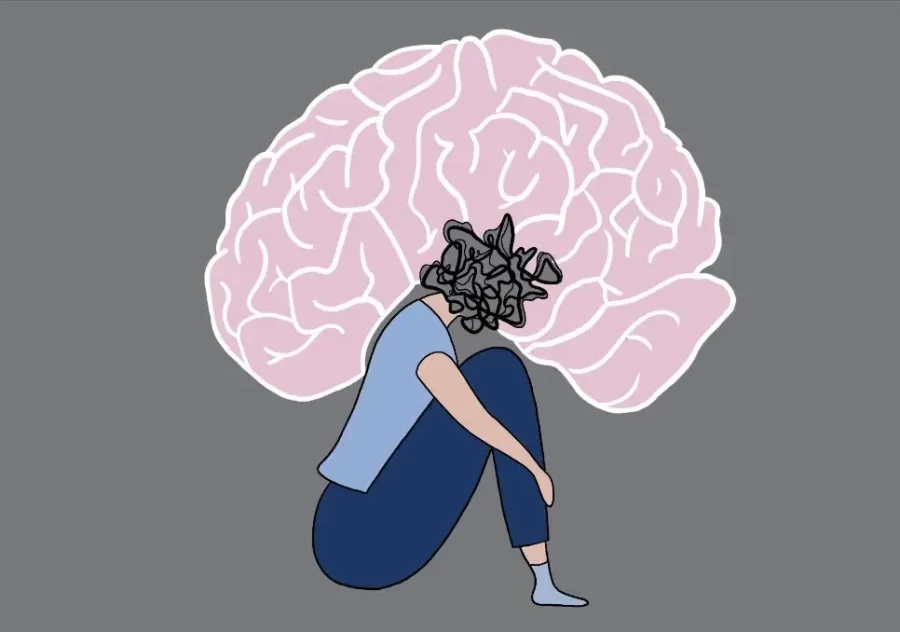It is Time to Face America’s Newest Crisis
Let me set one thing straight: having a mental illness is not a small “trend” that will go away like any other craze. Instead, the rising rates of mental illnesses show not a fad, but a crisis of national and international proportions. The increasing normalization of anxiety, depression, bipolar, and more, shows the prevalence of problems in emotional well-being across the fifty states.
It is important to note that the mental health crisis can affect any person, of any age, ethnicity, or gender. In fact, it would not be shocking if it was directly associated with your next-door neighbor or best friend. Unfortunately, the likelihood of struggling with some type of mental disorder has risen dramatically since the start of the twenty-first century.
A CNN article by Deidre McPhillips discusses this “crisis” in America, citing several distressing statistics on its growth, including, “… about half of adults say they have had a severe mental health crisis in their family, including in-person treatment for family members who were a threat to themselves or others…” This quote emphasizes how direly the country needs help in regards to improving that fifty percent.
To combat this steady increase in mental health struggles, the question all experts need to be asking is, what is provoking this crisis to begin with? Realistically, it is a combination of many things, however, one major contributor to this dilemma is social media. A Penn Medicine article by Dr. Christine Stabler shared how certain aspects of the online world, like fake posts causing unrealistic standards, can instigate unwanted results, such as “low self-esteem, distraction from other tasks, and even feelings of anxiety or depression.” Additionally, the addictive properties of social media, which cause consistent use, can magnify these outcomes times ten.
Luckily, there are many different resources created to help prevent these negative thoughts, or stop them from progressing further. CBS recently covered a story about the new 988 phone line in Colorado that was created in hopes of giving people who struggle with suicidal thoughts or other “mental distresses” a place to call. This is just one example of beneficial changes which can be made to help those in need.
It is imperative that we do whatever we can to help those facing this newest health predicament. Society should not have to suffer the harmful effects that the modern-day has left on their mental state.

Emma is a current senior who is so excited to continue being a section editor in her third year writing for the Banner. Outside of writing Opinions articles,...


